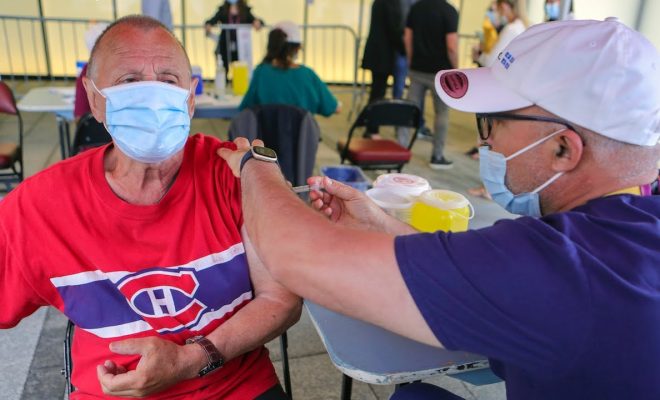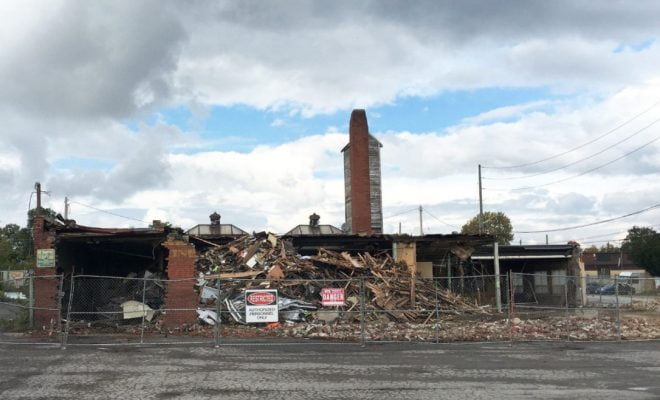What made Montreal North a COVID hot spot? A new study looks for answers

A new study will look to understand why Montreal North was one of the hardest-hit neighbourhoods in the country during the pandemic, and what can be done to prevent it from happening again.
Launching this week, the year-long study will be led by researchers from the Université de Montréal and the Association for Canadian Studies, and will involve several local community groups.
For Simona Bignami, a demographer and associate professor at the university, it will be a chance to grasp the full extent of transmission in the neighbourhood and dig into what caused such a severe spread in the community.
“The pandemic isn’t over. It’s changed, but it definitely isn’t over. So it’s extremely important to understand what made certain places more vulnerable to COVID than others,” Bignami said on Wednesday. “And Montreal North has systematically been hit the hardest.”
Montreal North was identified as a hot spot for infections nearly from the outset of the pandemic. Since then, the borough has recorded roughly 9,000 confirmed COVID-19 cases and 336 deaths among its 85,000 residents.
To probe what happened, the study aims to enrol 8,000 participants — 4,000 now and another group in six months — with half coming from Montreal North and the other half from across the city.
Researchers will use antibody tests to detect past infections. By comparing results among the two groups, they hope to better understand the risk factors and inequalities that led to so many cases in the borough.
Participants will also be asked to answer detailed questionnaires to help shed light on how their daily lives made them more at risk of contracting the virus, providing a case-by-case look at how transmission took hold.
Nomez Najac, an outreach worker with the community group Parole d’exclues, welcomed the study on Wednesday and said he hopes it brings a deeper understanding of what has made the neighbourhood so vulnerable.
Najac said many of the underlying issues that have hurt residents in the last 16 months have already been explored, such as high poverty levels, dense living quarters, and so many of them working high-risk, essential jobs.
But if there’s one thing he’s learned from working with residents since the beginning of the pandemic, he said, it’s that they want to be part of the solution, not the problem.
“So I think it’s really important,” Najac said of the study. “People have ideas, they’re open to giving information, explaining their situation and proposing solutions. They just need to be accompanied.”
The study will also look at ways of improving vaccination coverage in the borough.
As of Wednesday, just under 60 per cent of residents had received one dose, trailing behind the city’s overall coverage of 71 per cent and much lower than the 75 per cent goal the provincial government has set.









